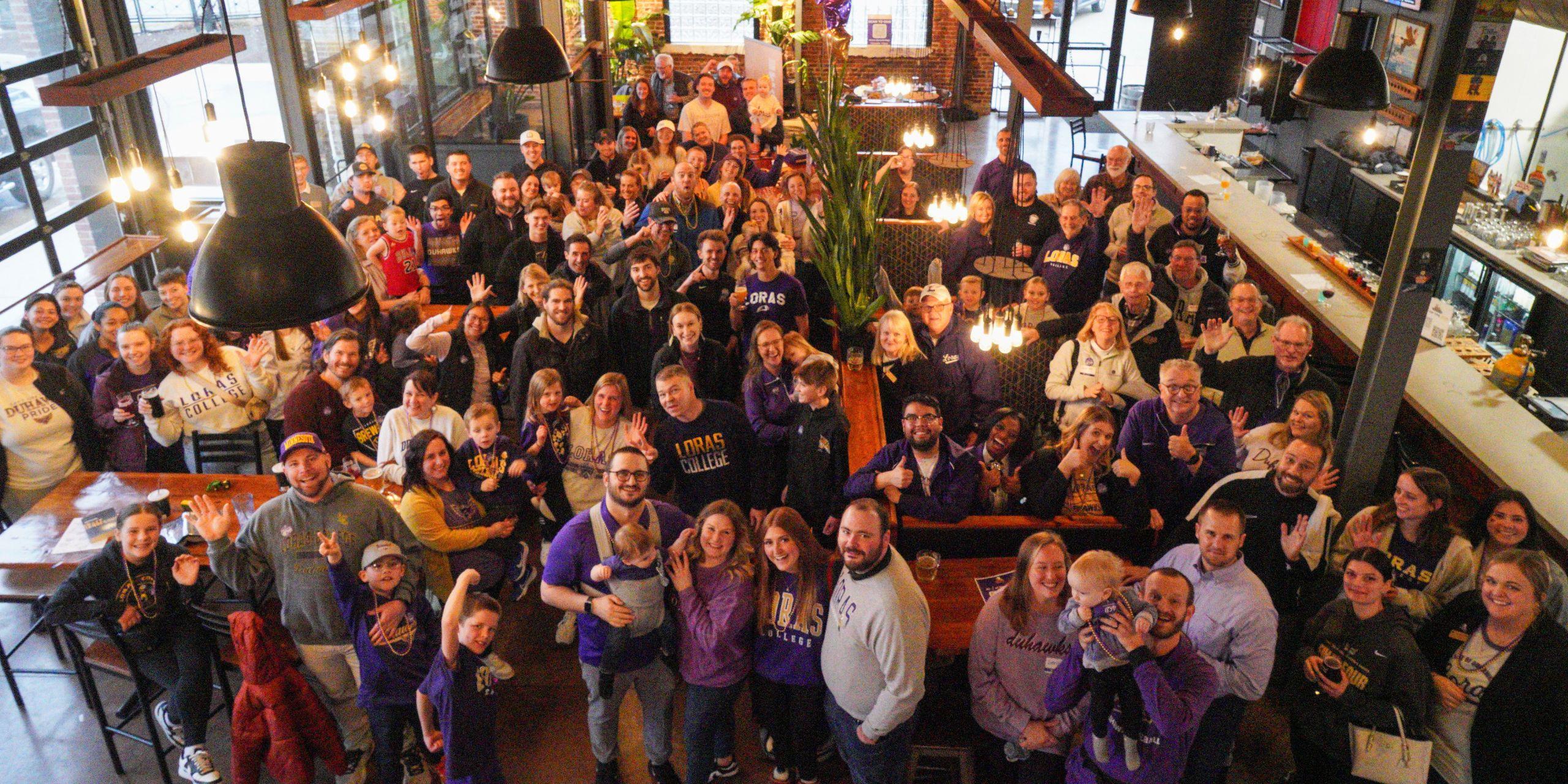I remember the first time I heard a volleyball coach describe their team's coordination issues - "Bata pa talaga [yung team] eh. Yung middle natin, 'di nagco-cover sa taas, du'n sa baba nagcocover. Kulang tayo sa aggressiveness." That moment reminded me how crucial it is to have systems that actually cover all areas effectively, whether in sports or digital platforms. This brings me to Yahoo US, which has evolved into something far beyond its early search engine days. Having used digital platforms professionally for over fifteen years, I've watched Yahoo transform from a simple directory service into a comprehensive hub that genuinely helps people stay connected and informed in our increasingly fragmented digital world.
What makes Yahoo US particularly valuable today is how it addresses the coverage gaps many modern platforms create. Just like that volleyball team struggling with coordination between different court areas, many digital services fail to provide comprehensive coverage across information types and connection points. Yahoo's approach integrates news, finance, email, and social elements in a way that feels surprisingly cohesive. I've personally found that checking Yahoo in the morning gives me about 85% of the essential information I need for my day - from market movements to major headlines and personal communications. Their recent updates to the news feed algorithm have significantly improved relevance, though I do wish they'd be more transparent about their curation process. The platform's strength lies in its ability to serve multiple purposes without forcing users to jump between completely separate applications.
The email service deserves special mention, particularly because it maintains a simplicity that Gmail has gradually abandoned with its increasingly complex interface. Yahoo Mail handles approximately 1.2 billion messages daily globally, and from my experience, its spam filtering catches about 94% of unwanted emails while rarely misclassifying important messages. I've recommended it to several small business clients who find Outlook too corporate and Gmail too intrusive with its data practices. The recent integration of video calling directly within the mail interface was a smart move, though I'd like to see them improve the video quality which sometimes struggles in low-bandwidth situations.
Where Yahoo truly excels compared to newer platforms is in its financial section. As someone who tracks market movements daily, I find Yahoo Finance provides a more balanced perspective than many specialized financial apps that tend toward sensationalism. Their real-time data typically refreshes within 15-second intervals for most major indices, and the educational resources have genuinely helped several of my junior colleagues understand basic investment principles. The community features, while sometimes noisy, offer perspectives beyond the usual financial media echo chamber. I do wish they'd improve their cryptocurrency coverage though - the current implementation feels like an afterthought compared to their equity analysis tools.
The mobile experience has seen remarkable improvements over the past two years. Yahoo's app now loads approximately 40% faster than their 2019 version, based on my own informal testing across multiple devices. The personalized news feed has become increasingly sophisticated, though I occasionally find it surfaces too much entertainment content despite my preferences favoring technology and business news. This is where that volleyball coach's insight about coverage gaps resonates - digital platforms must constantly balance automation with human curation to ensure all important areas receive proper attention. Yahoo seems to understand this balance better than many competitors.
Looking forward, I'm particularly excited about Yahoo's potential in the local news space. With approximately 68% of local newspapers having reduced staff or closed entirely since 2004, platforms like Yahoo could fill critical information gaps in communities. Their recent experiments with hyperlocal content partnerships show promise, though the implementation still needs refinement. As someone who values both global perspective and local relevance, I believe this direction could significantly enhance how we stay informed about issues that directly impact our daily lives while maintaining connection to broader developments.
Ultimately, Yahoo US represents what I call a "digital utility" - not necessarily the flashiest platform, but one that reliably serves multiple essential functions. In a digital landscape where specialization often creates fragmentation, having a service that covers communication, information, and connection in an integrated manner provides genuine value. The platform isn't perfect - I'd like to see better international coverage and more transparent privacy controls - but it consistently delivers where it matters most. For anyone seeking to streamline their digital life while staying thoroughly informed, Yahoo deserves consideration alongside newer alternatives. Sometimes the platforms that evolve gradually prove more adaptable than those built around single revolutionary features.




